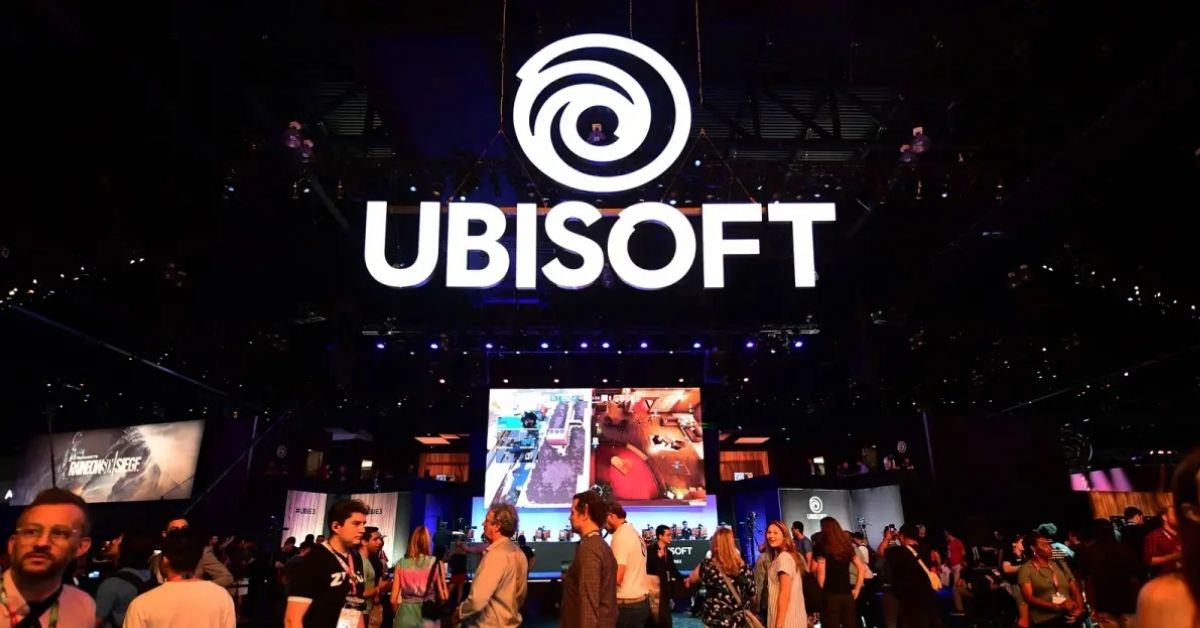Ex-Ubisoft Executives Convicted in Landmark Harassment Case
In a significant development for the gaming industry and workplace accountability, three former high-ranking executives from Ubisoft have been convicted by a French court on charges related to workplace harassment. This ruling, handed down on Wednesday, July 2, 2025, marks a pivotal moment stemming from the widespread allegations of a toxic work culture that first surfaced at the video game giant in 2020.
The convicted individuals are Thomas “Tommy” François, former Vice President of Editorial and Creative Services; Serge Hascoët, former Chief Creative Officer; and Guillaume Patrux, a former Games Director. The Bobigny criminal court found them guilty of moral and sexual harassment. François received the most severe sentence, a three-year suspended prison term and a fine of 30,000 euros, with an additional conviction for attempted sexual assault. Hascoët was handed an 18-month suspended sentence and a 45,000-euro fine, while Patrux received a 12-month suspended sentence and a 10,000-euro fine. A suspended sentence means they will not serve prison time unless they commit further offenses.
These convictions come after years of scrutiny and an internal investigation launched by Ubisoft in 2020, following numerous anonymous testimonies and reports detailing widespread misconduct. The trial revealed a disturbing pattern of behavior, including sexist jokes, public humiliation, and inappropriate advances towards employees. Specific allegations against François included habitually watching pornographic films in the office, making inappropriate comments on female employees’ appearances, and an attempted forced kiss at a Christmas party. Hascoët was accused of psychological harassment and complicity in sexual harassment, including making lewd comments and asking assistants to perform personal tasks. Patrux faced charges for bullying.
Lawyers representing the civil parties hailed the court’s decision as a crucial step towards greater accountability in the workplace, emphasizing that toxic management can no longer be ignored by companies. This verdict sends a clear message that leaders in the gaming industry, and beyond, will be held responsible for fostering or enabling hostile work environments. The gaming sector has faced intense scrutiny regarding its treatment of women and minorities, and this ruling marks a tangible consequence in the ongoing push for safer and more equitable workplaces.




